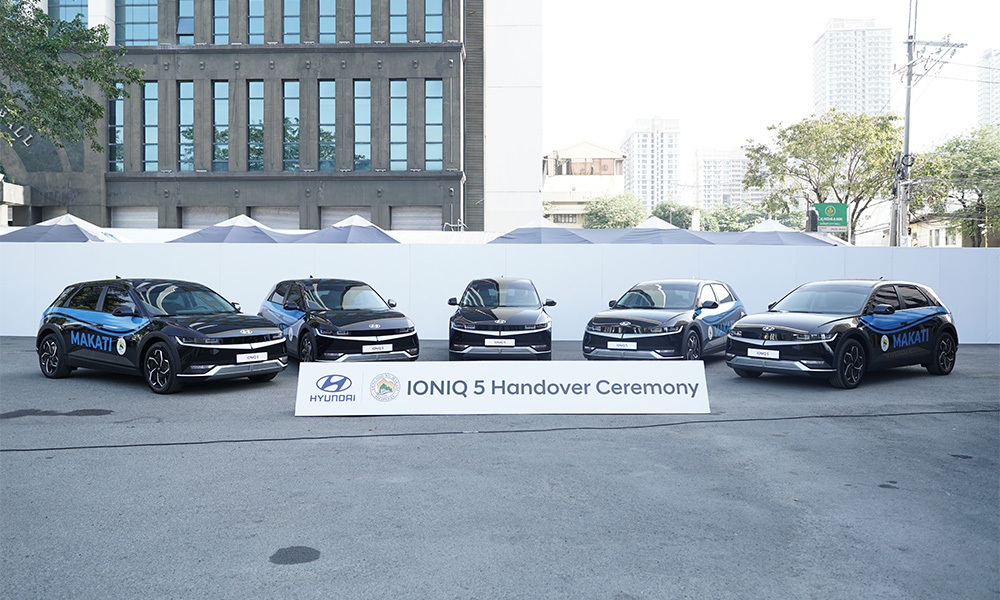
The city of Makati recently chose the Hyundai Ioniq 5 to join its fleet of emergency response vehicles.
These will cater to the urgent needs of the Makati constituents during fires, floods, accidents, and health hazards. The mobilization of EVs falls under the Makati City’s long-term strategy of sustainability and carbon neutrality.
“As a resilience hub, we recognize our critical role in addressing environmental concerns,” said Makati mayor Abigail Binay. “By introducing Hyundai Ioniq 5 electric vehicles into our public safety fleet, we not only enhance our emergency response capabilities, but also contribute to reducing air pollution and our overall carbon footprint. This move not only bolsters our emergency services, but also sets an example for other cities to follow in the pursuit of sustainable urban living.”
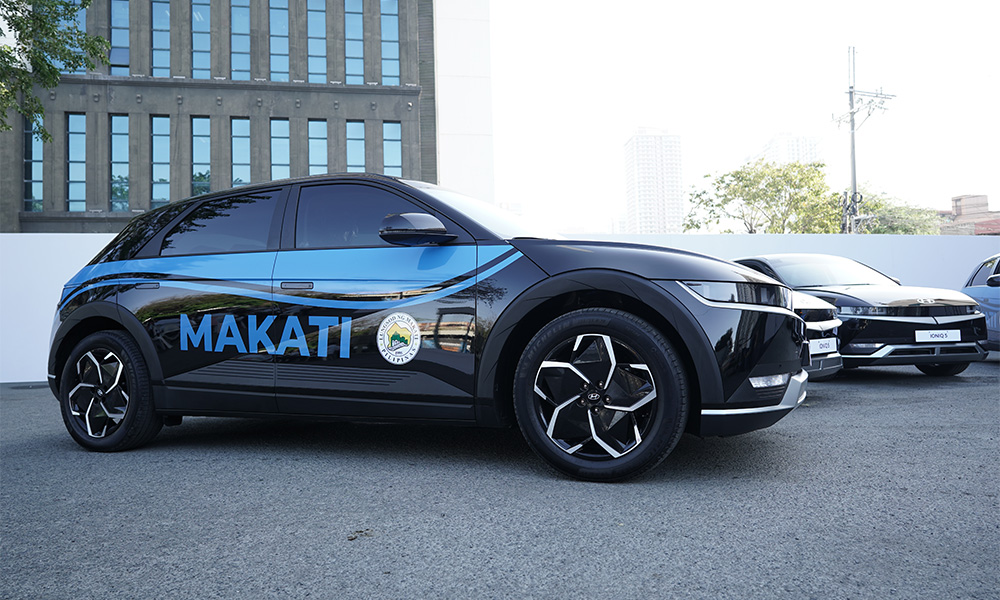
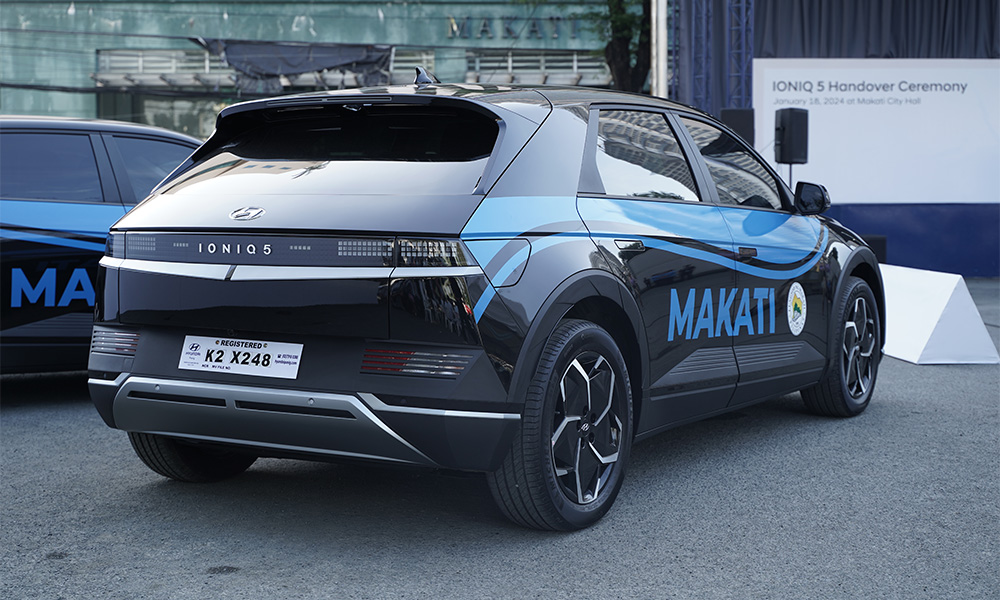
South Korean ambassador to the Philippines Sang-Hwa Lee witnessed the event as well. He pointed out that the Philippines is one of the ASEAN countries very prone to environmental calamities brought about by climate change and the nation’s geography, and he hopes that the Ioniq 5 EVs can help alleviate the plight of affected Makati constituents in times of need.
“The electric vehicles for public use revealed by Makati City is commendable,” said Ambassador Lee. “Makati’s future-oriented approach aligns with the national government’s plan to increase the number of EVs in the country. It also fits well into Hyundai Motor’s pioneering path to carbon neutrality for the benefit of future generations. To this end, Korea is more than prepared to partner with the Philippines in the field of eco-friendly transportation.”
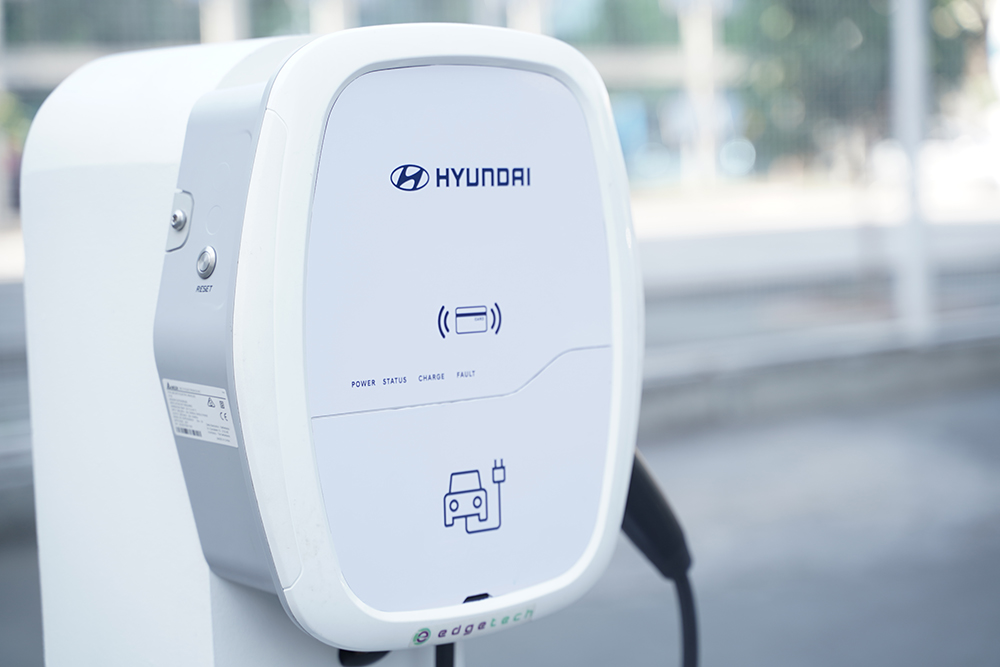
The Ioniq 5 is an excellent choice, being the World Car of the Year in 2022, and offering as much as 450km range on a single charge.
Hyundai Motor Philippines will also install 7.4kWh AC chargers in three separate locations: Makati City Hall and the barangay halls of Guadalupe Viejo and Palanan.
Here’s hoping we’ll see more EVs on the road to help reduce exhaust emissions and minimize our heavy reliance on imported crude oil products.

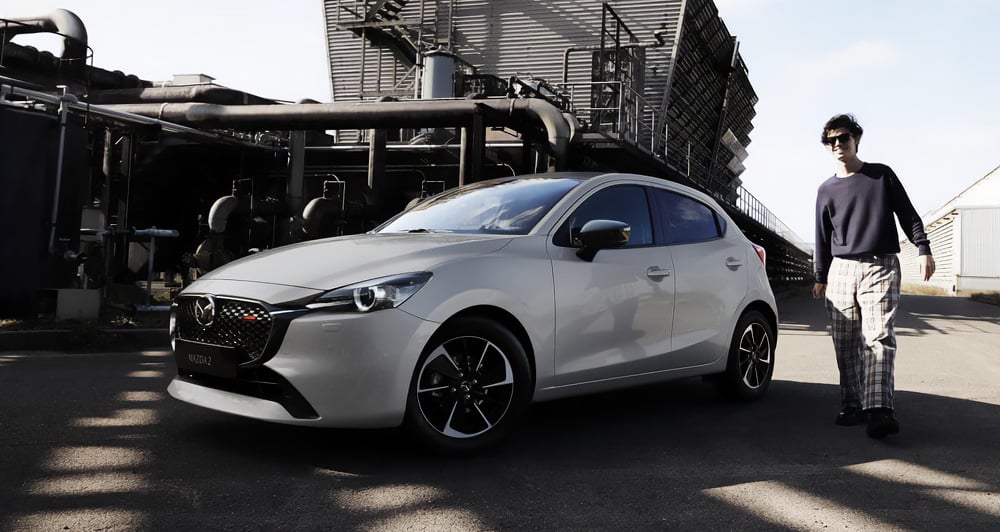
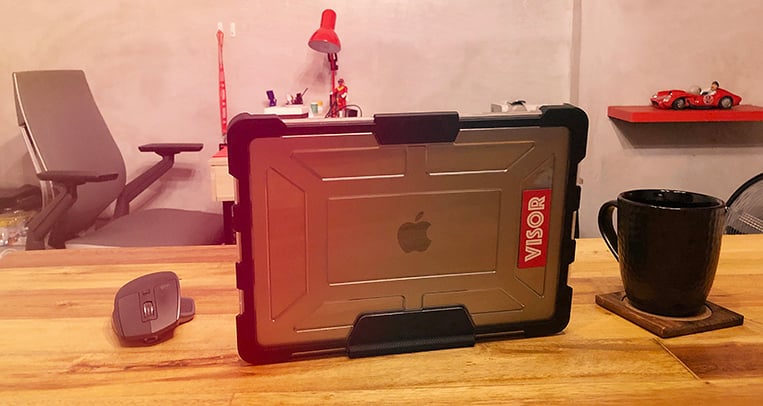
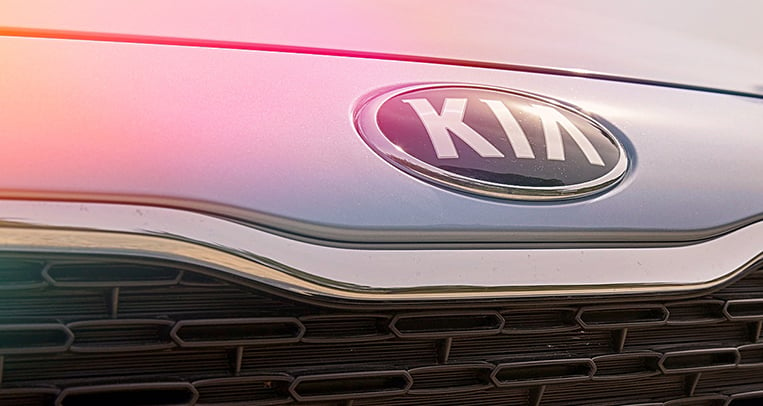
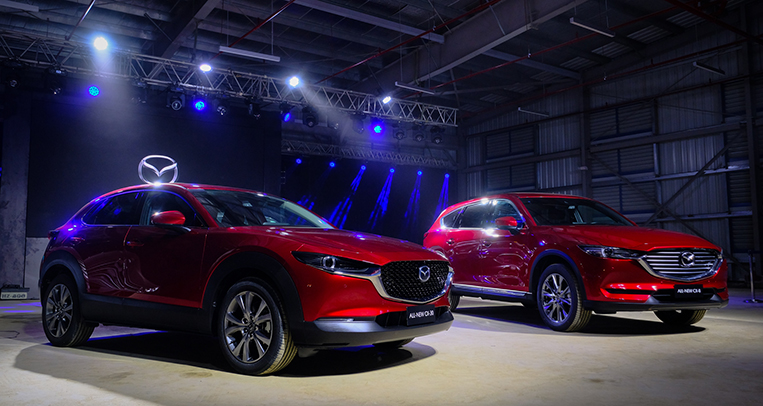

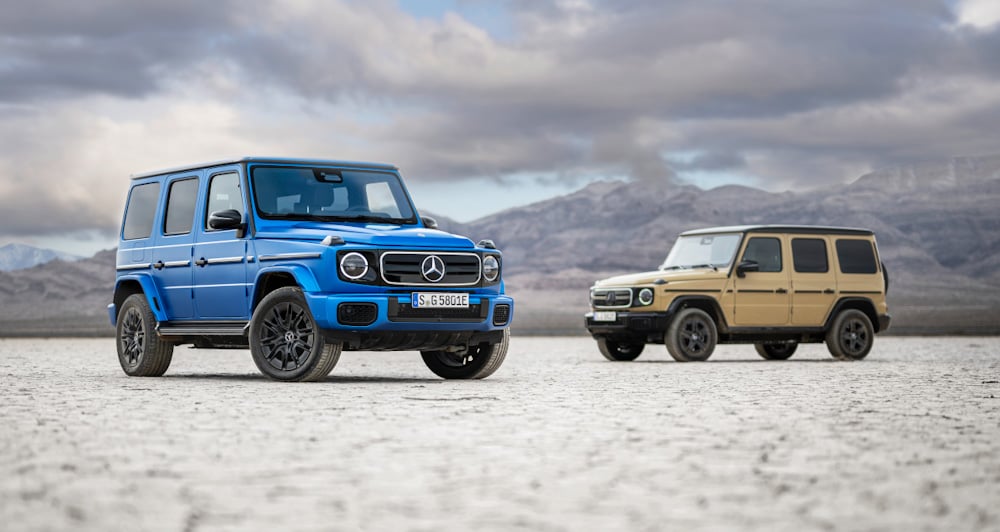
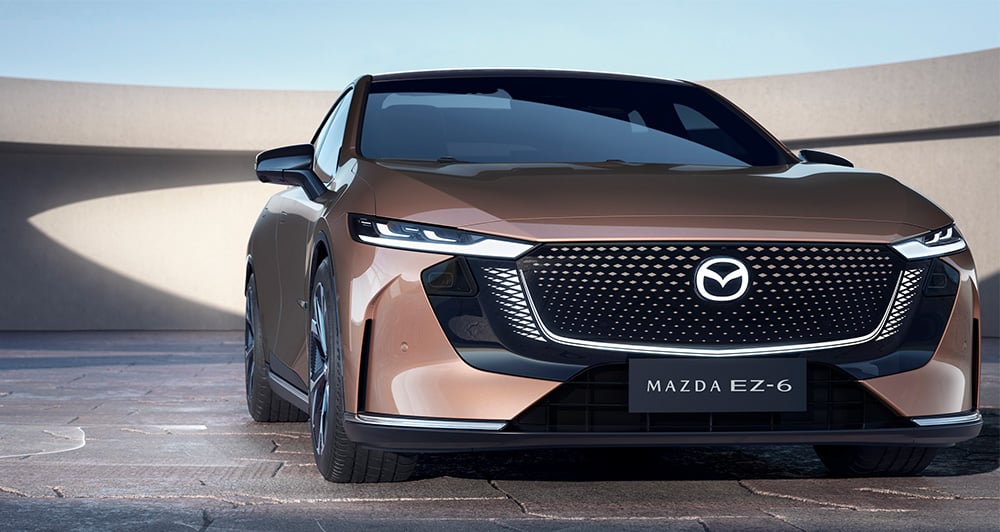
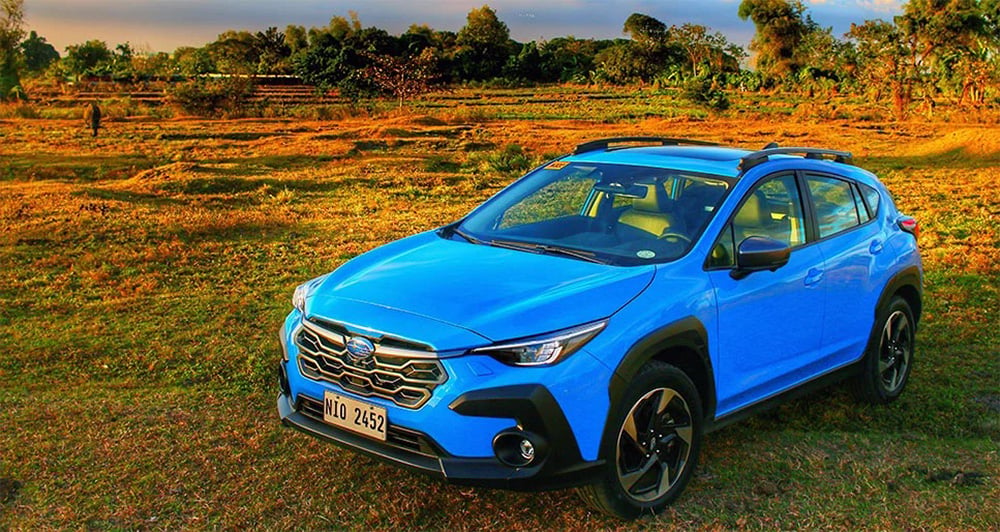

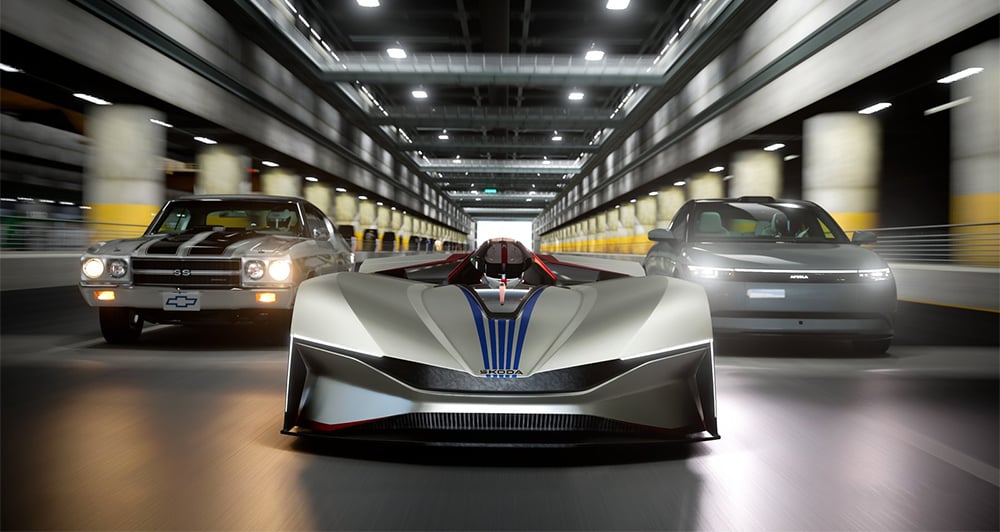
Comments